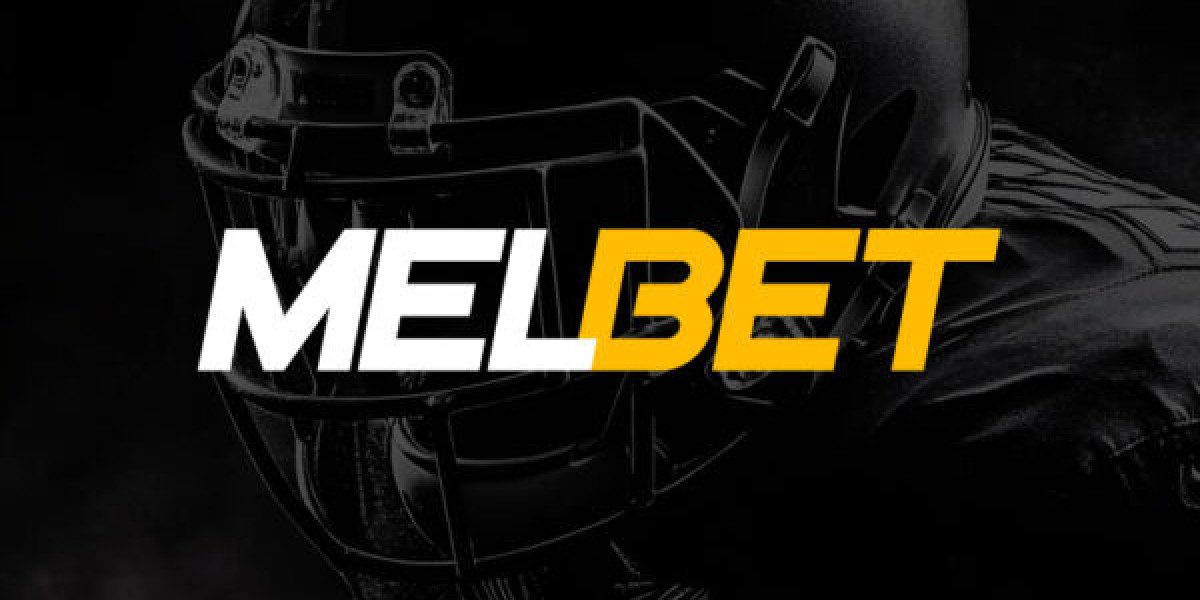As GPS tracking businesses expand across global and multilingual markets, offering software that caters to local languages is no longer a bonus—it’s a requirement. Whether you’re selling in the UAE, Saudi Arabia, Latin America, or Southeast Asia, your clients expect to use fleet tracking platforms in their preferred language.
This is where white label GPS tracking software with multi-language support shines. It allows you to offer localized dashboards and mobile apps—under your own brand—while giving end-users a seamless and intuitive experience.
In this article, we’ll explore why multi-language capability matters, how it works in white label solutions, and how to deploy it effectively to boost your GPS business globally.
Q1: Why Does Multi-Language Support Matter in GPS Tracking Software?
? 1. Global Market Reach
Clients across the GCC, Europe, Asia, and Africa operate in diverse languages. Offering only an English interface can limit adoption and trust.
?️ 2. User Experience & Efficiency
Drivers, fleet managers, and back-office staff feel more confident using a system in their native language—reducing training time and improving daily usability.
? 3. Government & Public Sector Compliance
Many government tenders (e.g., in Saudi Arabia or the UAE) require Arabic-English bilingual systems for fleet operations.
? In Qatar, a white label GPS reseller increased client retention by 40% after adding Arabic dashboard and app access.
Q2: What Languages Are Commonly Required in Fleet Markets?
?? Arabic – For GCC (UAE, KSA, Oman, Qatar)
?? Spanish – For Latin America and U.S. Hispanic markets
?? French – For North and West Africa (Morocco, Senegal)
?? Hindi, Tamil – For Indian subcontinent
?? Tagalog – For Philippine-based fleet workers
?? Russian – For Central Asia and Eastern Europe
?? Mandarin – For Southeast Asia and Chinese business fleets
A robust white label GPS tracking platform should support language localization with options to easily switch between user interfaces.
Q3: How Does Language Switching Work in White Label GPS Software?
Modern white label platforms like Flotilla IoT support dynamic, user-level language preferences.
Key Features:
? Language Toggle Button: Users can switch between languages instantly.
? Role-Based Settings: Admins can assign a default language per user, department, or client.
? Bilingual Alerts & Reports: Notifications, trip logs, and event reports can be delivered in multiple languages.
? Mobile App Localization: Translated menu items, alert popups, and maps available in app versions.
? For example, a Dubai-based fleet with Filipino drivers and Arab managers can assign Tagalog to drivers and Arabic to the transport supervisors—all in the same platform.
Q4: What Should You Localize in a Multi-Language Dashboard?
To ensure a fully functional multilingual experience, the following elements should be translated:
✅ Core Interface
Menu navigation (Dashboard, Trips, Alerts, Reports)
Buttons, tooltips, and labels
Date/time format and currency symbols
✅ Alerts & Notifications
SMS/push alerts in client’s chosen language
Custom alert messages (“Speeding Alert - المركبة تتجاوز السرعة المحددة”)
✅ Reports & Data Exports
Trip summaries, fuel reports, idle time logs
Support for right-to-left (RTL) formats in Arabic
✅ Onboarding & Support
Login and registration screens
User help tooltips
Error messages and system prompts
? Flotilla IoT offers Arabic-English UI out-of-the-box, with additional language packs available on request.
Q5: How Do You Set Up Multi-Language Access in a White Label Platform?
If you're a reseller, here’s how to implement it for your clients:
? Step 1: Activate Language Modules
Ensure your white label platform has the language packs enabled (Arabic, Spanish, etc.).
?? Step 2: Assign Default Language per Client/User
In the admin panel, assign the default interface language to each client or user.
Allow individual users to override it.
? Step 3: Customize Branded Content
Translate app store descriptions and login screen labels for each region.
Use native language for welcome emails and onboarding documents.
? Step 4: Offer Bilingual Reporting
Allow clients to generate reports in multiple languages for compliance or training.
For example: Maintenance report in French and English for a fleet in Morocco.
Q6: How Can Resellers Use Multi-Language Support to Grow Their GPS Business?
? Enter New Markets
Offer GPS tracking in local languages to attract clients in MENA, LATAM, and Southeast Asia.
Partner with local resellers who need branded, localized platforms.
? Improve Adoption
Offer Arabic support for GCC government contracts.
Provide training in local languages to speed up onboarding.
?️ Premium Add-On
Sell multilingual dashboards as part of an upgraded subscription tier.
Offer white label mobile apps in custom languages.
Q7: Why Choose Flotilla IoT for Multi-Language White Label Tracking?
Flotilla IoT supports full multi-language white label GPS tracking software, enabling resellers to localize every element of the user experience.
Platform Highlights:
✅ Arabic-English UI included by default
✅ Multi-language mobile app support
✅ Right-to-left (RTL) interface formatting
✅ Language-specific alert templates
✅ Custom domain and login screen in native language
✅ Support for Spanish, French, Tagalog, and more on request
? Whether you're selling to Dubai government fleets, Saudi transport firms, or Moroccan logistics companies, Flotilla adapts to every language need.
Conclusion
In a globalized GPS market, speaking your customer’s language—literally—is a competitive advantage. White label GPS tracking software with multi-language dashboards allows you to offer fleet solutions that are accessible, compliant, and user-friendly across diverse regions.
Whether you're serving Arabic-speaking managers, Tagalog-speaking drivers, or French-speaking African clients, platforms like Flotilla IoT ensure your brand stays at the center of a multilingual, multi-market GPS experience.







